Zelensky needs to convince Russia to parley
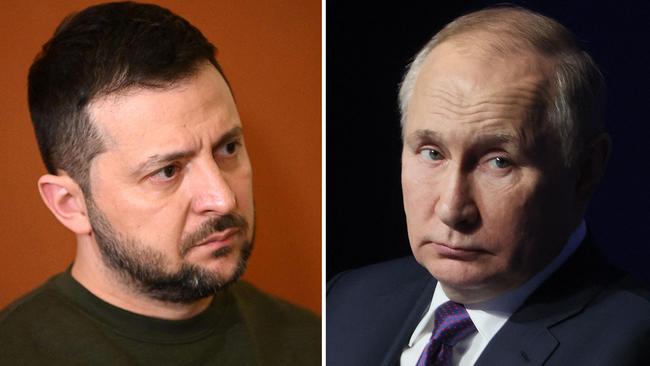
“It’s just hard for me to tell any member of Congress, or the American public, that the best use of that dollar spent right now is on F-16s,” said Colin Kahl, under-secretary of defence for policy.
The same delay factor applies, of course, to RAF Typhoons. The issue is not merely that of pilot training but also of technicians, spares and suitable airfields.
Moreover, Ukraine is already handicapped by being obliged to fight with penny-packets of weapons from many nations, instead of the big numbers of interchangeable platforms that work best for all armed forces.
So why does President Zelensky keep pleading for the fighters, claiming their mere presence could provide keys to victory? Why do some western politicians sloganise “Send planes now”, when they must know this is impracticable? More surprisingly, why does western media publish so much empty verbiage about where this appalling war has got to, or may go?
The short answers are that Zelensky is playing a political game, often brilliantly. Some shameless western politicians overblow his trumpets for their own reasons. We want to believe what Ukraine’s leader says, because we share his aspirations.
Yet there is a chasm between hopes of Putin’s total eclipse and the dispassionate military view. Western soldiers have always doubted that either Zelensky’s nation or Putin’s can achieve a conclusive battlefield victory.
Ten months ago, I wrote here that although the Ukrainians could probably frustrate further big Russian advances, “they are almost certainly not strong enough, even with more western weapons, to expel Putin’s forces from the Donbas, never mind Crimea”.
I did not enjoy the subsequent experience of being denounced as a defeatist by some people whom I respect. Today, however, it seems time to narrow the gap between rhetoric and realities, both in the West and Ukraine.
The Americans bear the overwhelming burden of arming Zelensky’s people. This should shame Europeans. It reflects the fact that, since the end of the Cold War and against the repeated warnings of many of us who care about our respective nations’ security, the continent has almost disarmed.
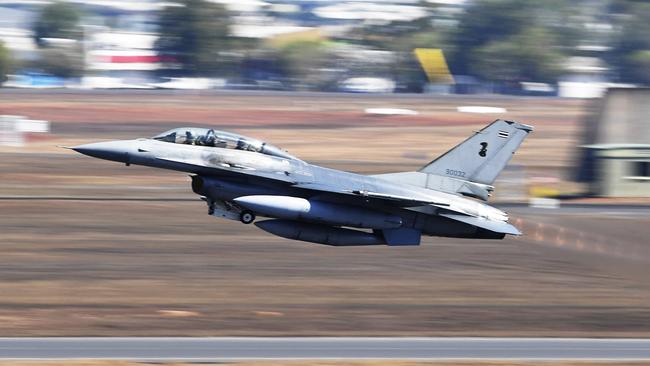
The British government has yet to authorise the vastly increased weapons production we need, to replace munitions dispatched to Kyiv. We are told that next week’s budget will give defence only a meagre £5bn cash boost. The two-year US program to quadruple ammunition production has no European equivalent.
Instead of merely drip-feeding Kyiv with just enough weapons to avert defeat, the Ukrainians’ armourers need a strategic vision to underpin increased commitments that are targeted to fulfil realistic objectives. A former British general wrote after a recent visit to the war zone that “the West’s indecision … may severely affect what Ukraine can achieve in 2023”. He acknowledged the “prosaic reality that countries like Britain have allowed their armoured fleets to degenerate to the point of dereliction”.
He means our famous Challenger tanks, of course.
Putin, who is creating a war economy, can ship some munitions in greater volume than the West – his artillery fires four shells for each one from Zelensky’s people. Whether or not China becomes Moscow’s direct arms supplier, it is already facilitating North Korean deliveries. Whatever the nuances of President Xi’s policy, he will continue to work to frustrate anything the West can call a victory. Such an outcome would embolden America and its allies against his own expansionist ambitions.
Today’s Russia is a sham great power. But it remains almost certainly great enough to hold its ground against smaller and weaker Ukraine. The Russians have dug massive defences in eastern Donbas. None of my informed friends believes the Ukrainians can break through these, however many additional weapons we give them, and whatever public claims Zelensky makes.
Russia and China are also waging greyzone warfare against the West in a fashion that can only intensify. Their standing in Africa, the Middle East and South America is bolstered by bribery, diplomacy, social media and disinformation campaigns that we do little to counter. Russian efforts to muddy arguments about Ukrainian legitimacy received an unwelcome boost this week from the US intelligence leak claiming that Kyiv’s sympathisers might have been responsible for last September’s Nord Stream pipeline explosions in the Baltic.
Russia mounts cyberattacks against western satellite communications, and our corporate sector is especially vulnerable. Last month Dutch intelligence reported Russian probing of their internet cables, gas pipelines and wind turbines in the North Sea, which assuredly extends to our own offshore infrastructure.
We are sleepwalking in the face of a new-generation Cold War which only Washington currently views with the seriousness it deserves. There are two related challenges. First, we need to mobilise ourselves to counter Russian and Chinese greyzone assaults, if not immediate conventional aggression. And we need to support Ukraine with a coherence that is currently lacking. No plausible course will bring this war to a swift end, because both sides still believe they can prevail on the battlefield.
Zelensky needs the means eventually to convince Russia that it must parley – yes parley, not surrender. The key question to be addressed by our leaders, and of course principally the Americans, is what kind of weapons cannot only check the Russians but raise the cost of the war to levels unacceptable even for the Kremlin.
Long-range missiles are the most obvious option, such as Russia already employs against Ukraine’s infrastructure. We should also ship tanks and Himars artillery in quantity, together with a lot more ammunition – this last is a much more urgent, albeit unglamorous, priority than jets.
But none of this is likely to get Putin out of Crimea. “Zelensky is an inspiring and effective wartime leader, but he risks overpromising, potentially tying his hands politically should he need to scale back his war aims,” Charles Kupchan, a senior fellow at the US Council on Foreign Relations, wrote recently.
“The same goes for NATO’s leaders. They too may come to regret overstating the strategic importance of a Ukrainian victory should they eventually need to explain to their electorates why they are not doing more to prevent Kyiv from falling short of vanquishing Russia and restoring full territorial sovereignty.”
This is going to be a long war in which nobody will come out a big winner, any more than they did from 1950-53 Korea. Yet, like that conflict and all others involving nuclear-armed powers, even if western goals must remain limited they are vital not only to Ukraine but to the cause of our civilisation.
The Times

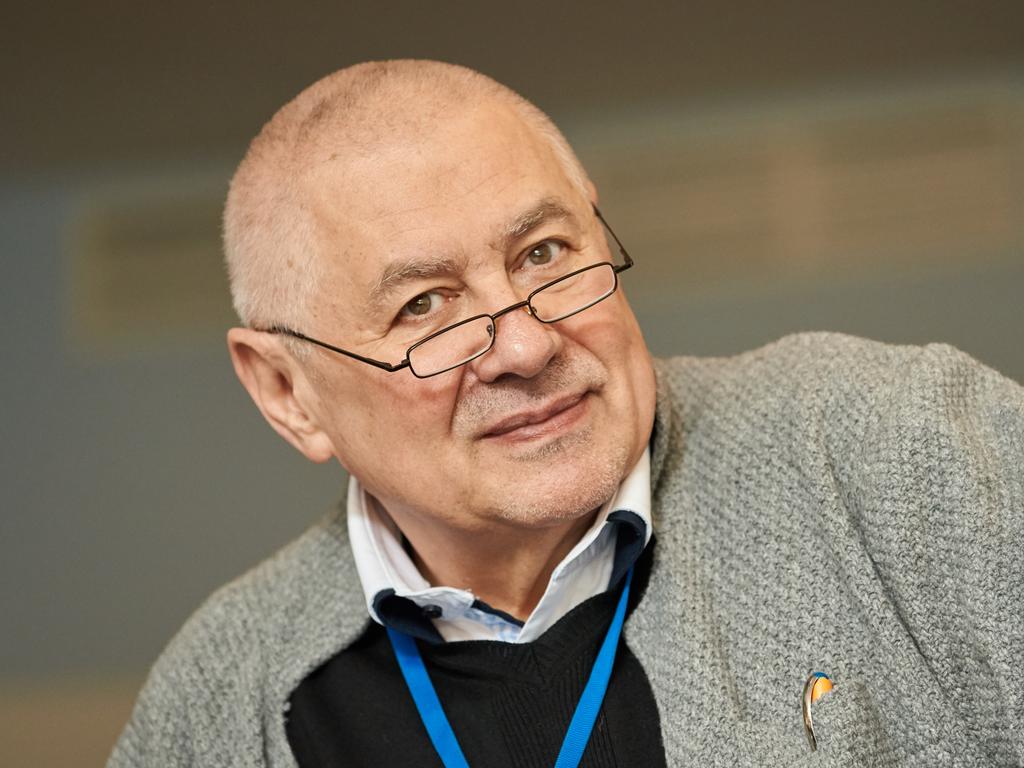
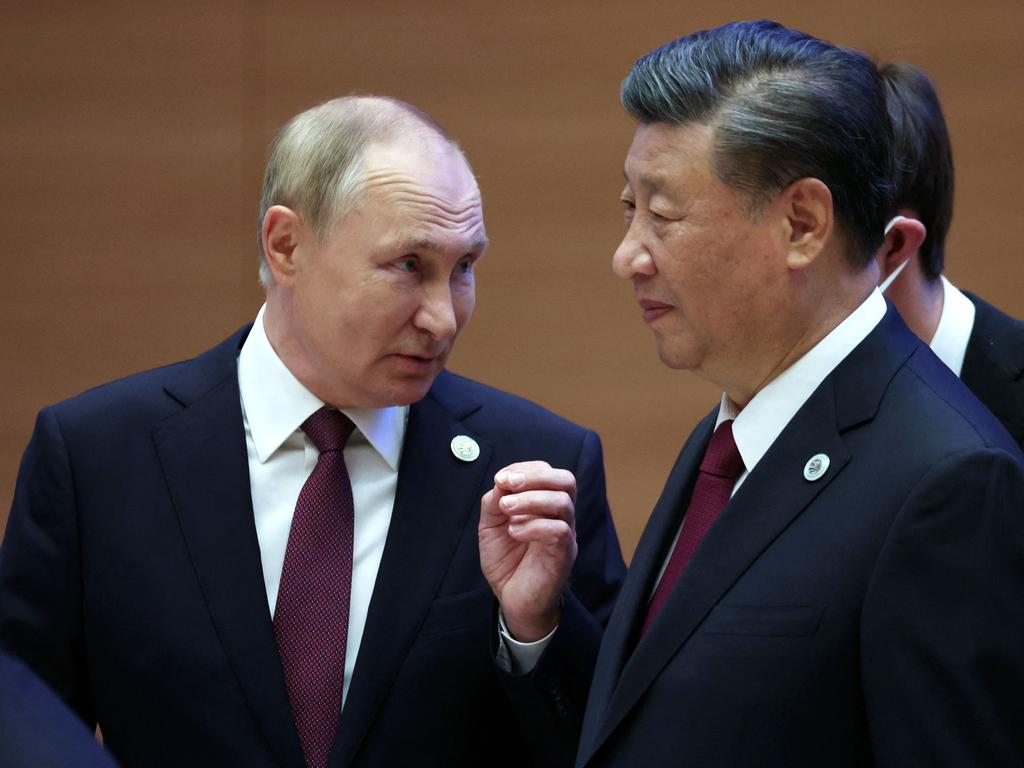
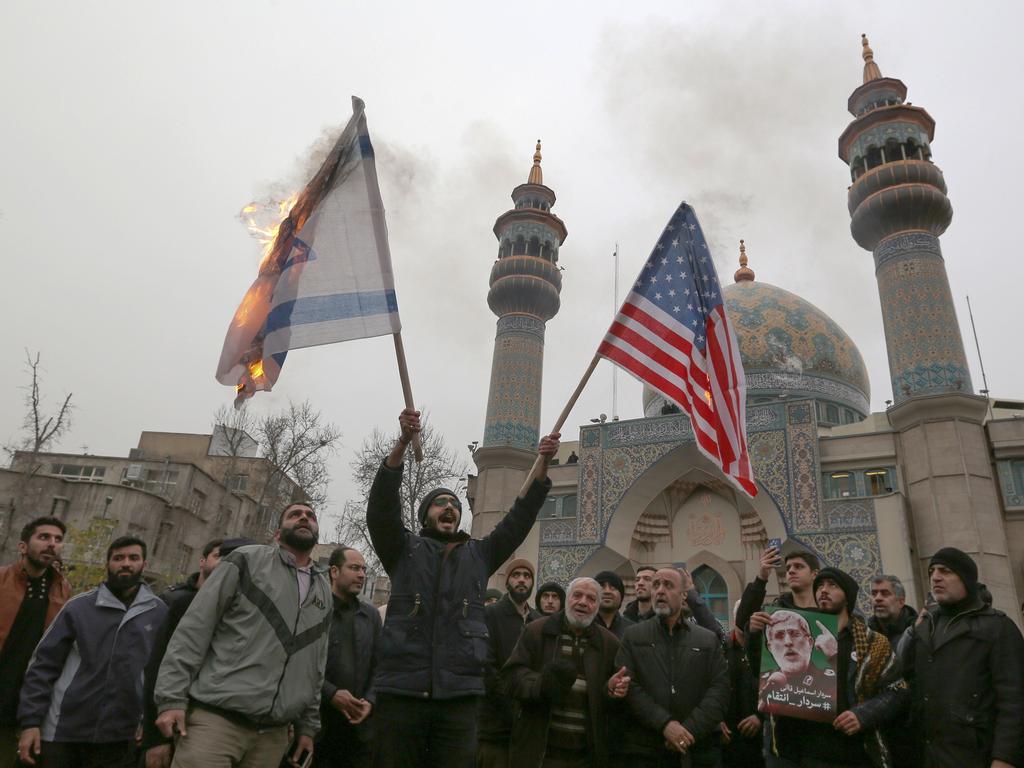



If Ukrainian forces were provided with US F-16 fighter jets, they would need at least 18 months to learn how to use them, a Pentagon official told the House Armed Services Committee last week.